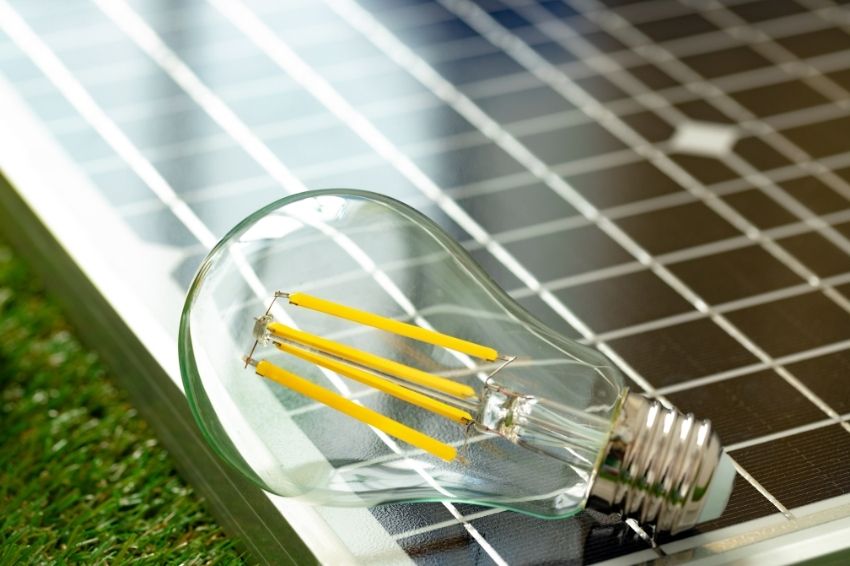Photovoltaic sector integrators heard by the Solar Channel commented on the new text of PL 5829, which aims to create the legal framework for DG (distributed generation). The proposal, approved last Wednesday (18) in the Chamber of Deputies, opinions differ.
For Eduardo Nicol, CEO of Renew Energia, the bill has positive and negative points. “On the positive side, we have gained legal certainty and now have batteries in the law, which we did not have before in the regulations. Consequently, we will be able to develop this model of storing and injecting nodes at the necessary times.”
“If you do this at the substation level, for example, you begin to accumulate renewable energy and have solar or wind as a dispatchable source. This way, we will be able to sell energy to distributors”, he pointed out.
Regarding the negative side, Nicol said there are very dangerous topics. “One is to leave the decision on the discount of our benefit to ANEEL (National Electric Energy Agency). The other is the issue of other items that are being processed, such as ICMS on TUSD and TE and the tax reform itself – which will accumulate with these decisions and in the medium term could make the market unviable”.
“The third point is precisely that the transition is by date and not by percentage of penetration, which creates inequality in the least developed states. It will create a serious problem, because they will freeze where they are, they will not be able to get close to the more developed states. I think this is very bad, in a social sense, in the generation of jobs and investments that will affect Brazil”, he concluded.
Know more: PL 5829: main changes imposed by the GD Legal Framework
Danilo Yasunaka, owner-partner of Sunlight Energia Solar, also commented on the subject and made some reservations about PL 5829. One of the points he is concerned about is the article that deals with the sale of consumer credits to concessionaires.
He highlighted that, although microgenerators and distributed minigenerators that generate their own energy will be able to sell their credits, the text does not define information about amounts or percentage that must be paid.
More reviews
On the other hand, for Ricardo Rizzotto, owner of EOS Solar, the approval of PL 5829 was what the sector wanted. “We have been following the movements since 2019. We went to Brasília at that time and this year for meetings and demonstrations. Everyone wanted a rule.”
According to the businessman, this bill brings legal security to customers. “Most of them followed the media and asked us how things were going, if they were going to tax us and we explained that there wasn’t a consensus yet, but that it ended up happening.”
In Rizzotto's view, the new text also brings a predictable return for customers and will facilitate sales in the coming months until it comes into force, after approval by the Senate and sanctioned by the president.
“In this case, when the change actually begins to take effect, the market will suffer a major impact on the number of installations, however, this number will be supplied by the pre-validity of the standard, in which staff will rush in the last moments to approve the project and guarantee the exemption time”, he concluded.
Rafael Santos, business developer at Asellus, also expressed his opinion on the topic and views the bill that creates the GD legal framework positively.
“It brings legal security to investors and consumers and will make the market grow solidly by adjusting to the new rules, which include the possibility of selling energy credits, allocating credits in the same state, billing options (B opting party) and new possibilities for shared generation”, he clarified.















